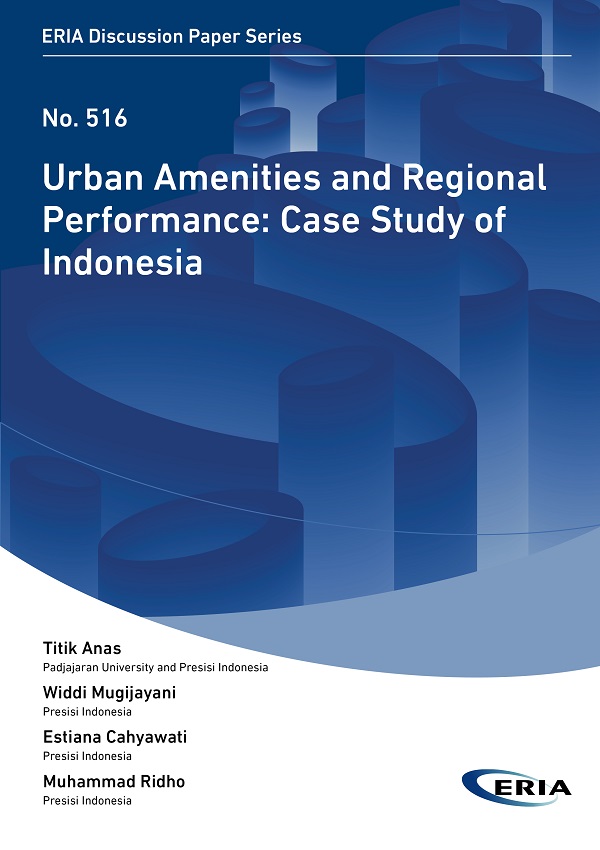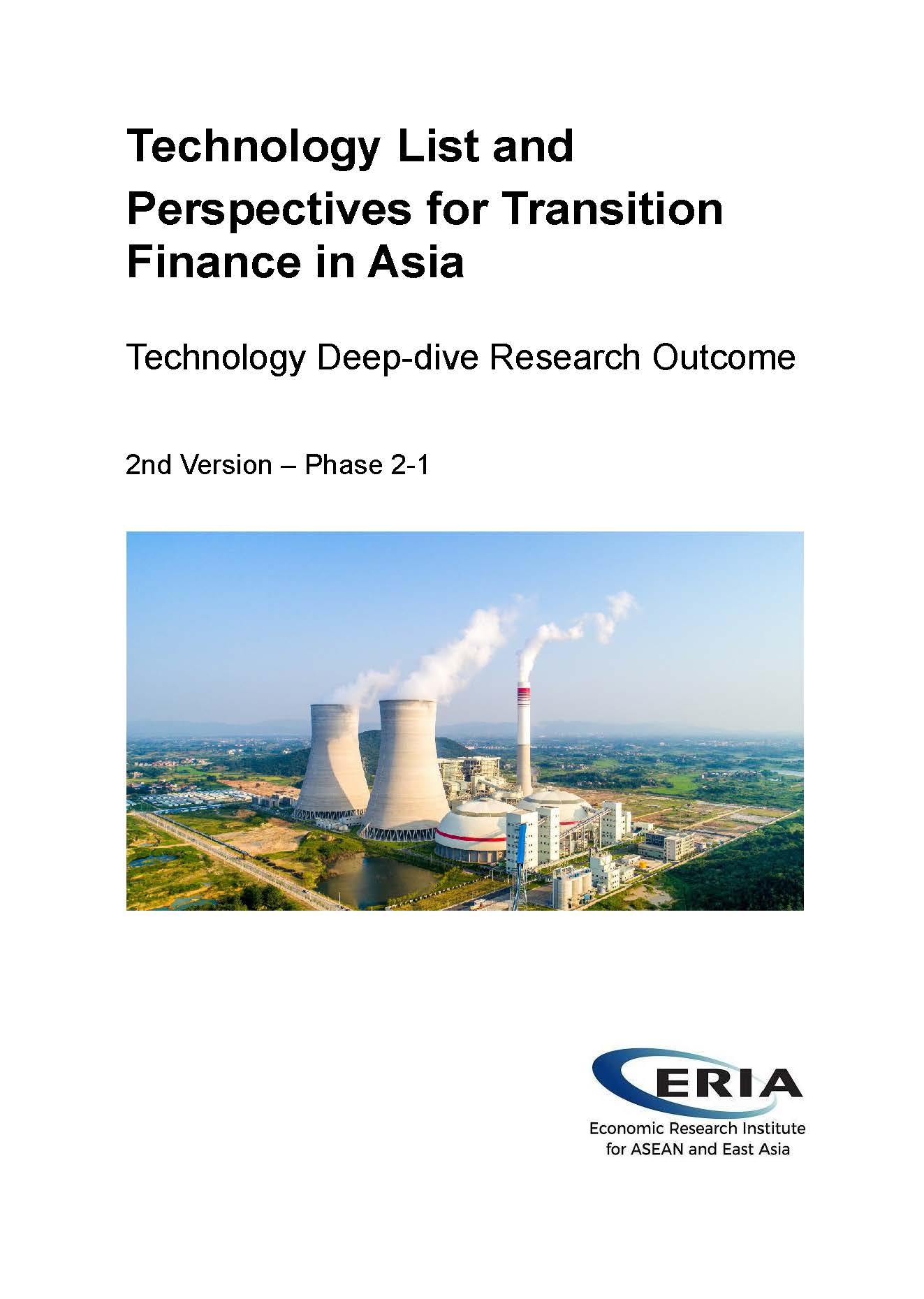Urban Amenities and Regional Performance: Case Study of Indonesia

Date:
18 June 2024Category:
Services, Urban DevelopmentType:
Discussion PapersTags:
amenities, firm-level data, globalisation, productivity, IndonesiaPrint Article:
The aim of this paper is to evaluate the importance of urban amenities to economic development using Indonesia as a case study. Indonesia has rich micro-level data on urban amenities, which we group in this paper into 12 categories, namely education, health, religious, and shopping facilities; accommodations; banks; historical sites; recreation sites; restaurants; public transportation stations; modern shopping facilities; and gas stations. Using panel data of 2007 and 2014, we test how urban amenities affect regional development, proxied by employment and population growth. We show that education and shopping facilities significantly affect the growth of employment and population. We also found that the effect of the availability of education facilities is stronger in the regions with industrial parks.




